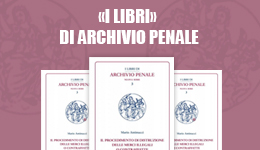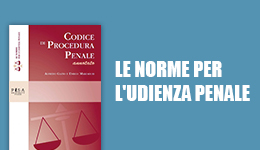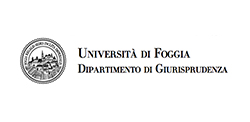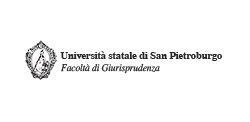La rule of lenity nell’Immigration Law statunitense: spunti comparativi per il diritto penale italiano
Archivio Penale
© dell'autore 2022
Ricevuto: 26 September 2022
| Accettato: 07 October 2022
| Pubblicato: 10 October 2022
L’intero articolo è disponibile
Riassunto
In un contesto normativo quale quello del diritto penale dell’immigrazione, che è il risultato di scelte di politica criminale protese a favorire l’espulsione del migrante ‘indesiderato’, dinanzi a norme dal significato potenzialmente ‘polivalente’ il giudice dovrebbe sciogliere i dubbi interpretativi nel senso più favorevole allo straniero, dando attuazione al principio di legalità e a quello del favor rei. Segnatamente, quando l’espulsione viene irrogata dal giudice penale ed incide sui diritti fondamentali del migrante, un diritto punitivo costituzionalmente orientato dovrebbe condurre il giudice verso interpretazioni che non costituiscano solo espressione della legalità intesa in senso efficientista. Il contributo esamina le ragioni a sostegno dell’interpretazione favorevole alla luce della più antica esperienza statunitense, che mostra come i principi costituzionali in materia di pena dovrebbero guidare anche l’interpretazione delle norme che dispongono la sanzione extrapenale dell’espulsione.
The rule of lenity in the American Immigration Law: comparative prompts for the Italian Criminal Law
In the legal framework of criminal immigration laws, which is the result of choices of criminal law policy whose trend is the removal of the ‘undesired’ migrant, the judge should resolve doubts on the law in favour of the migrant, choosing the more favourable construction, thus carrying out the principle of legality and the favor rei. Especially when the criminal court judge orders the removal, and it affects the fundamental rights of the migrant, crimmigration laws inspired by the constitutional principles should lead the judge toward constructions respectful to the principle of legality understood as a guarantee of the migrant against the arbitrary powers as well.
The paper examines the reasons that support the interpretation favourable to the migrant in the light of the oldest American experience, which shows how the constitutional principles concerning the criminal penalty should guide the construction of ambiguous laws that provide for the non-criminal sanction of the removal.
Percorso di valutazione
Peer reviewed. Certificazione della qualità











